Teaching preschoolers to clean up after themselves is one of the many valuable life skills they can learn at a young age. While getting children to pick up their toys or tidy their spaces can sometimes feel like a challenge, building good habits early makes a big difference to their holistic development.
Cleaning up need not be a chore for them and can be designed to be fun, engaging, and a great way to instil responsibility and independence.
In this blog we will discuss a few simple and effective ways parents and teachers can encourage preschoolers to clean up after themselves.
- Make Cleaning a Fun Activity
- Use Simple and Clear Instructions
- Create a Routine for Clean-Up Time
- Lead by Example
- Encourage Them
- Give Them Ownership Over Their Space
- Offer Gentle Reminders and Be Patient
- Celebrate Progress, Not Perfection
- Create a Reward System
Children are naturally playful, and they learn best through fun and games. Cleaning up can be more enjoyable if it feels like a game rather than a boring task.
You can turn clean-up time into a race: “Let’s see how fast we can pick up all the blocks!” or “Can you put all the blue toys away before I finish counting to ten?”
To make this more exciting you can play a lively song and ask them to finish cleaning up before the music stops. The rhythm and movement will help keep their attention and make the activity feel like a dance party.
This way children are less likely to resist and more likely to participate willingly.
When asking a preschooler to clean up, it’s important to keep your instructions clear and simple.
Instead of saying, “Please clean your room,” which can feel overwhelming, break it down into smaller tasks. Say things like, “Let’s put the blocks in the bin,” or “Can you put all the books on the shelf?”
Preschoolers respond better to clear, one-step directions because it helps them focus on specific tasks. Giving them small, manageable jobs makes the process easier and less daunting, encouraging them to take action without feeling frustrated.
You can schedule clean-up time for specific moments in the day, such as before lunch or after playtime.
For example, “Before we have lunch, we always put away our toys,” or “After playing, it’s time to clean up before we move on to something else.”
Over time, children will naturally start to associate cleaning up with these routines and may even begin to do it on their own.
Children learn by watching what adults do. If they see you cleaning up after yourself, they are more likely to mimic that behaviour. You can model good clean-up habits by tidying up your things or joining them during their clean-up time.
For example, if you’re helping them put toys away, you can say, “I’m putting away the puzzles. Can you help me with the stuffed animals?”
By being a role model, you show children that cleaning up is something everyone does, and it becomes part of the daily routine rather than an unpleasant task. When parents or teachers lead by example, children often want to help and be part of the process.
Positive reinforcement and praise are highly well-received by children. When your preschooler cleans up, make sure to acknowledge their efforts.
Simple phrases like, “Great job putting your toys away!” or “I’m so proud of you for helping clean up!” go a long way in encouraging them to continue the behaviour.
Such encouragement makes children feel good about what they’ve done and helps them understand that their actions are appreciated. When they associate cleaning up with positive feedback, they are more likely to repeat the behaviour in the future.
Kids love feeling independent and in control of their environment. By giving them ownership over their space, whether it’s their room, play area, or a section of the classroom, they are more likely to take pride in keeping it tidy.
You can say things like, “This is your space, and you’re in charge of keeping it clean and organized.”
When children feel responsible for their things, they tend to be more careful and more willing to clean up. You can even encourage them to decide how they want to organize their toys or books, thereby helping them in decision-making.
It’s normal for preschoolers to need reminders to clean up. They might get distracted or forget, but it’s important to stay patient and offer gentle nudges when necessary.
Instead of getting frustrated, you can calmly say, “Remember, after we finish playing, we need to clean up,” or “It’s almost time to go, let’s clean up the toys together.”
Being patient and consistent with your reminders helps children learn over time that cleaning up is an important part of their routine.
Note: Avoid turning clean-up time into a power struggle; instead, keep it light and encouraging so that they feel supported in completing the task.
When teaching children to clean up, it’s important to remember that progress takes time. It’s not about achieving perfection right away, but about celebrating the small steps they take toward learning responsibility.
If your child picks up a few toys, that’s a win! Gradually, as they practice, they will become more efficient and thorough in their clean-up efforts.
By celebrating small victories and encouraging them along the way, children will feel motivated to keep trying.
Recognize their effort rather than focusing on what’s left undone, and they’ll feel proud of themselves for what they’ve
A simple reward system can be an effective way to encourage preschoolers to clean up after themselves.
For instance, you could create a sticker chart where they earn a sticker every time they complete their clean-up routine. After earning a certain number of stickers, they could get a small reward like extra playtime or choosing a favourite activity.
Over time, the habit of cleaning up will become second nature, and they’ll need less external motivation.
Conclusion
Encouraging preschoolers to clean up after themselves is an important step in helping them develop responsibility, independence, and a sense of ownership over their surroundings. By making clean-up time fun, giving clear instructions, and providing positive feedback, children will gradually learn that tidying up is a part of everyday life.
At Mother’s Pet Kindergarten, we believe children can develop these valuable habits when approached with patience, positivity, and playfulness. By setting the foundation for good habits now, we help children grow into organized, responsible, and confident individuals who take pride in their actions and their environment.
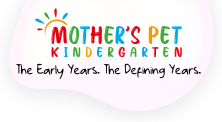
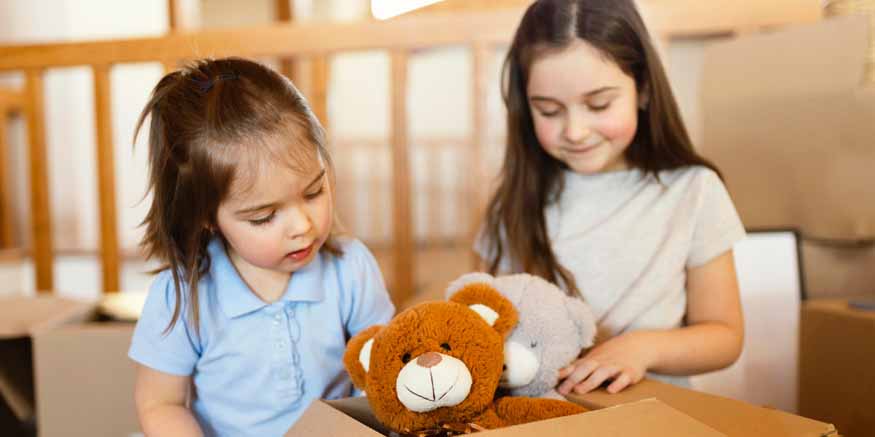

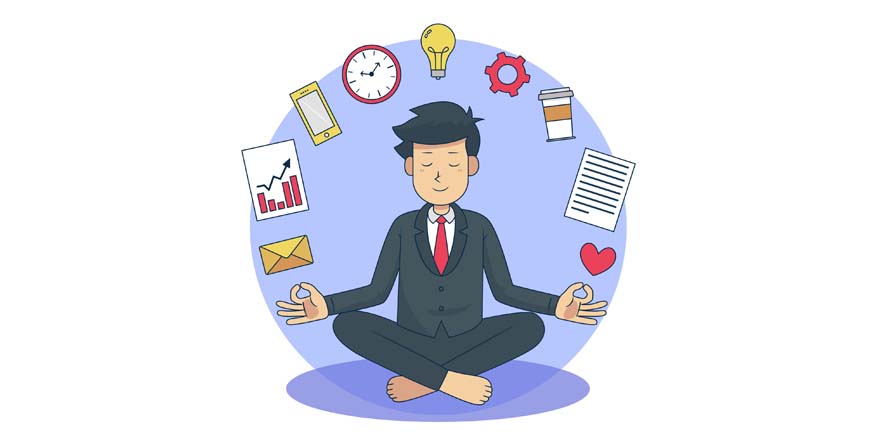
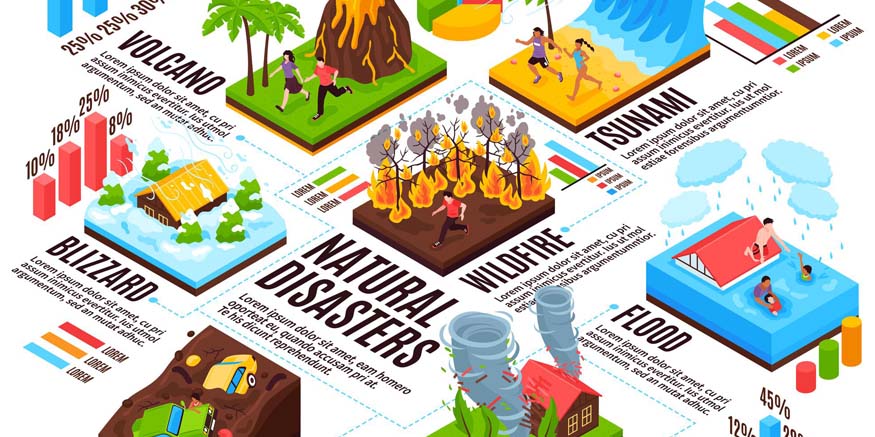
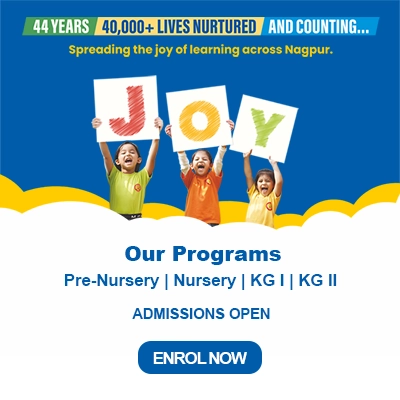
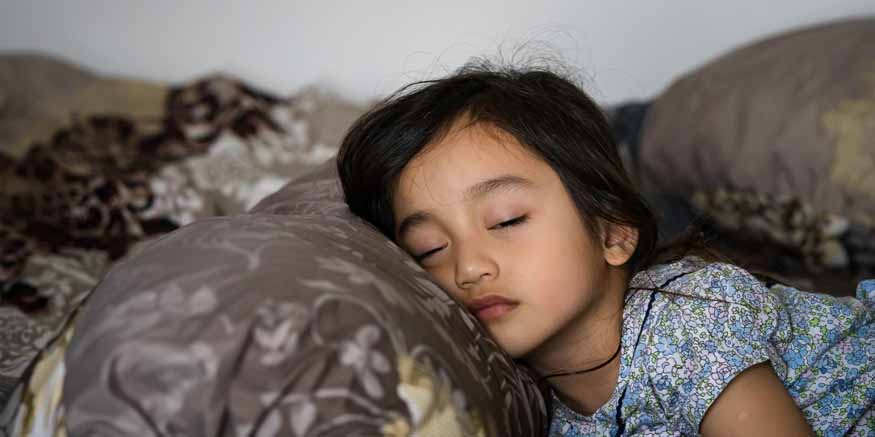
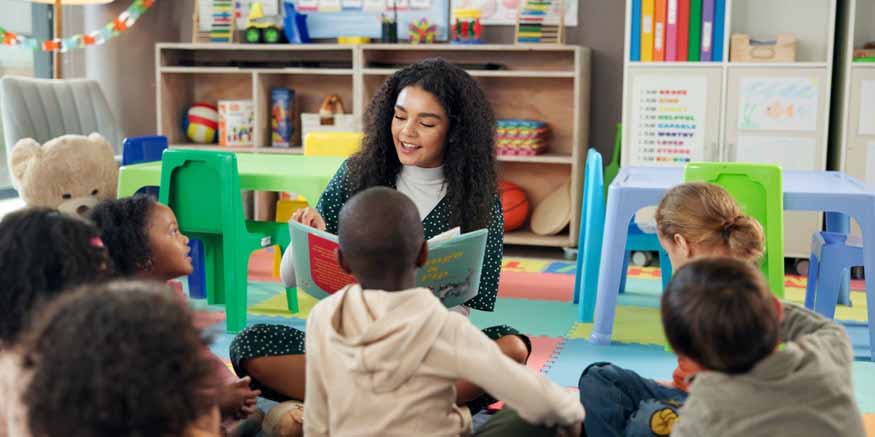
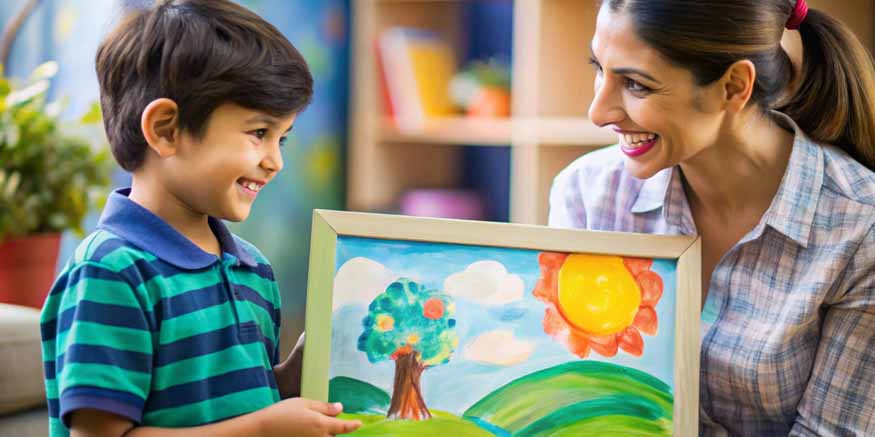
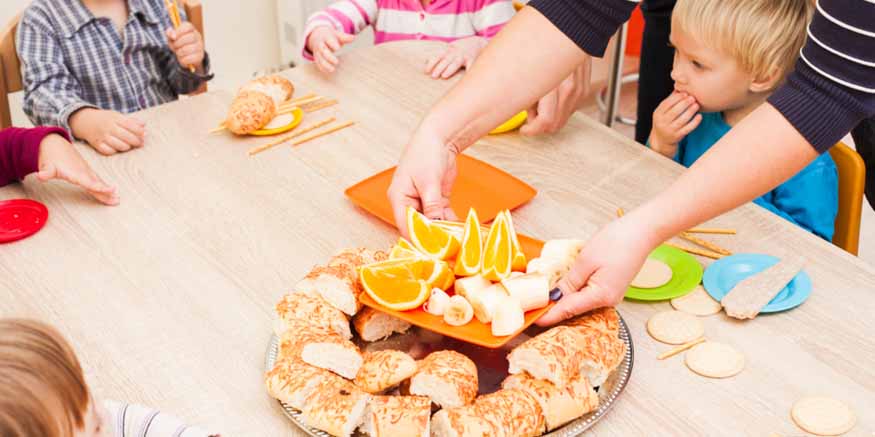
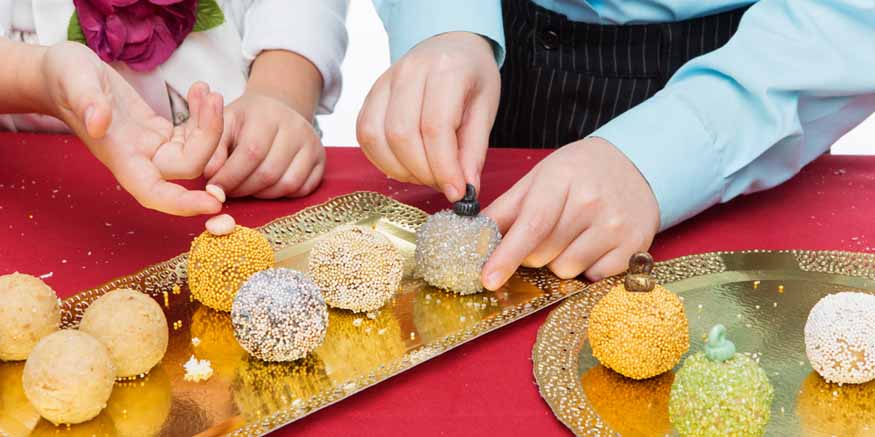
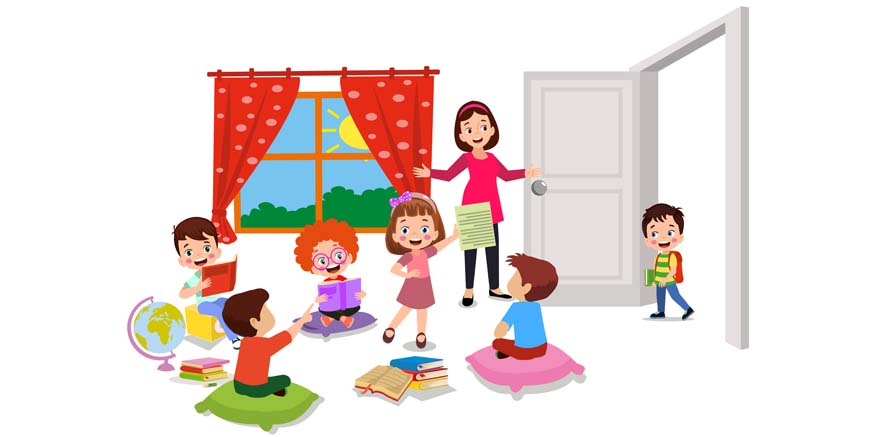
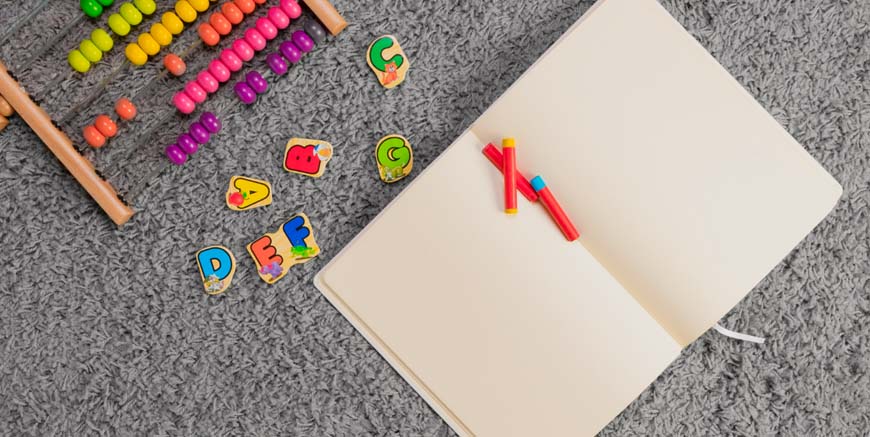
Recent Comments